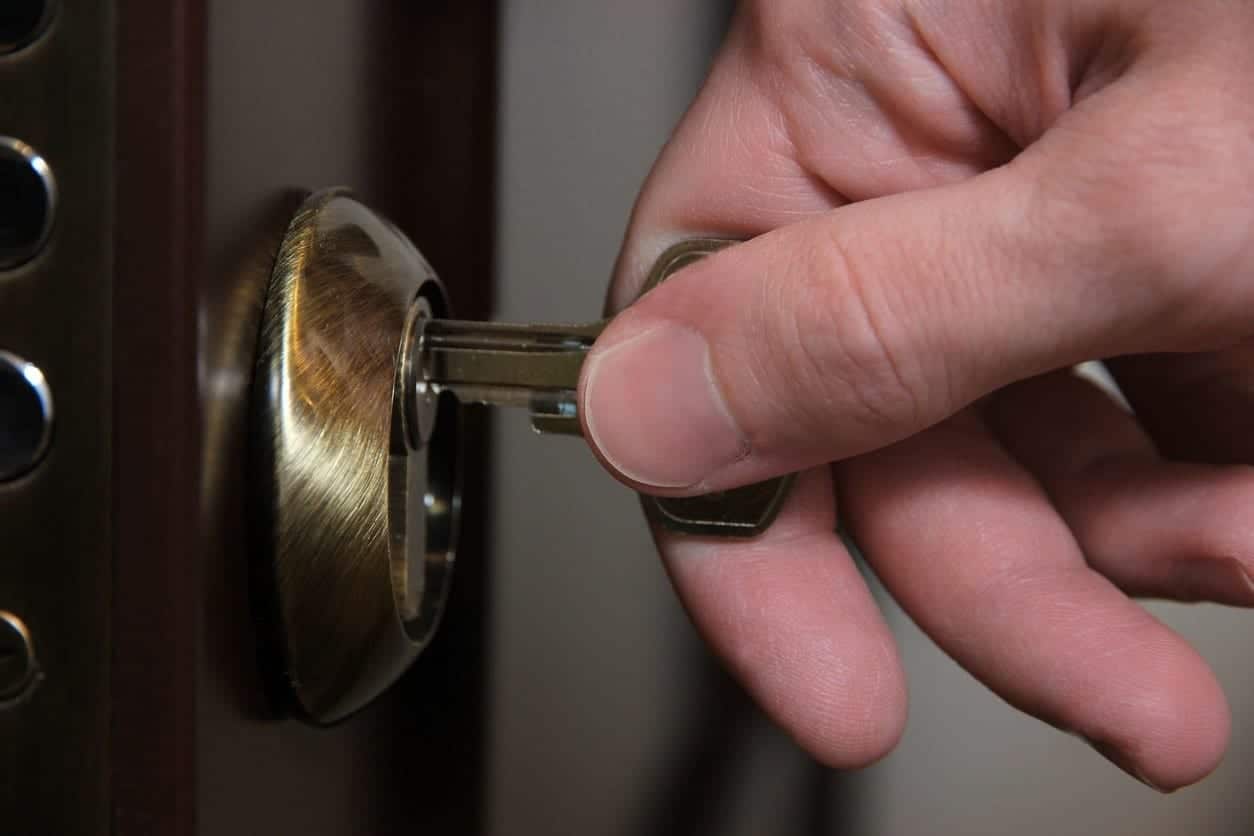While domestic violence victims may spend years hiding their trauma from friends or family, it’s no secret that domestic violence is a big problem in North Carolina. Domestic violence tears families apart, inflicts lifelong trauma and injuries on victims, and was responsible for 99 homicides in 2015 alone.
Think about that for a moment. In one year – in only one state – 99 people were killed due to a particular type of violence. That’s 99 daughters, sons, parents, brothers, and sisters killed.
In 2017, one mother is honoring her late daughter – a victim of domestic violence – with a bill that would place more restrictions on individuals who have been charged. It’s been dubbed “Allison’s Law.”
What Is “Allison’s Law?”
In 2010, Allison Holt Gaither was killed by her estranged husband when he stabbed her 18 times. Gaither left behind three young children, one of whom discovered her dead body. Two days before she died, Allison had filed for a restraining order against her husband.
Allison’s mother, Deborah Holt, is hoping to prevent future deaths with House Bill 46, or “Allison’s Law.” The bill would start a pilot program in Forsynth County and require individuals who have been arrested and charged with domestic violence to wear GPS tracking devices at a judge’s order.
Like an alcohol monitor, the tracking device would fit like a bracelet and be worn 24 hours a day. Offenders who have been issued a protection order would have to stick to the appropriate zones, or else deputies would be immediately alerted of their location. Twenty-four states currently have a similar program in place, and so does Randolph County. The Sheriff of Randolph County has backed the program as a “useful tool.”
Allison’s Law would take Randolph County’s program a step further. If a defendant were to enter a restricted zone, law enforcement and the victim would be immediately alerted.
If the bill is passed, the program will only run in Forsynth County at first. If it is deemed successful, though, the program could be expanded to the entire state of North Carolina.
Who will pay for this program? It will come out of defendants’ pockets.
If the bill goes into affect, defendants will have to pay $7 a day to offset the costs of the program. While this may not seem like a lot, $7 will certainly add up if an individual has to wear the ankle monitor for weeks or months. Some quick math reveals that a mere 30 days with the device – essentially a month – is a steep $210.
Penalized Until Proven Guilty?
This new potential cost serves to highlight a bigger issue present in many domestic violence cases: the fact that people face penalties long before they have been proven guilty. Case-in-point: Anyone can apply for a Domestic Violence Protective Order as long as they have a romantic or familial connection to the alleged abuser. It does not matter if the defendant has been charged with a crime – or even arrested.
Victims can obtain the proper paperwork with the county clerk or at specific domestic violence programs to file for either a Domestic Violence Protective Order or No-Contact Order. Upon filing for an emergency or temporary order, a judge will most likely grant it without requiring the alleged abuser to attend a hearing. These orders are only active for 10 days, and are designed to provide victims with the time they need to seek safety while a proper hearing is set up.
If a protection order is issued against you, it doesn’t mean that you will be arrested or charged with a crime. Civil protection orders do not always end in criminal prosecution.
However, the terms of a protection order are often quite burdensome, and may include the following requirements:
- Refraining from contacting the alleged victim
- Eviction from shared residence
- Loss of child custody or visitation rights
- Alimony or child support payments
- Prohibition from owning, buying, or using firearms
- Completion of abuser education or treatment programs
Remember, these are the consequences that someone faces before even being arrested or charged – let alone being proven guilty.
If the defendant is caught violating the protective order, they could be charged with a crime and sent to jail. Most restraining order violations are misdemeanor offenses; but if additional crimes are committed, or a deadly weapon is involved when the crime occurs, the defendant could face serious felony charges.
Because of this, individuals who have been issued a protective order should consult with a lawyer and start working on a defense strategy. Not only will it be useful in the event that law enforcement officials decide to arrest you for an alleged act of violence, but also in arguing against the need of making the protection order permanent.
What it boils down to is that if you have been arrested or charged with domestic violence, or have been issued a restraining order, it is in your best interest to contact a North Carolina defense lawyer immediately.
About the Author:
Jan Elliott Pritchett is Managing Partner at the Law Firm of Schlosser & Pritchett and one of North Carolina’s top rated criminal defense attorneys. With a practice dedicated 100% to litigation, Mr. Pritchett protects the legal rights of clients who have been charged in federal and state criminal matters, as well as DUI/DWi, motor vehicle accidents, personal injury, and traffic violations. In practice since 1995, Mr. Pritchett has earned a reputation as a highly talented and fearless lawyer, being listed among the state’s “Legal Elite” and recognized as one of the Top 100 DWI Lawyers in North Carolina by the National Advocacy of DUI Defense. He currently serves as the Co-Chairman of the North Carolina State Board of Legal Specialization, Criminal Law Specialty, and Vice-Chairman of the North Carolina Bar Association, Criminal Justice Section.










